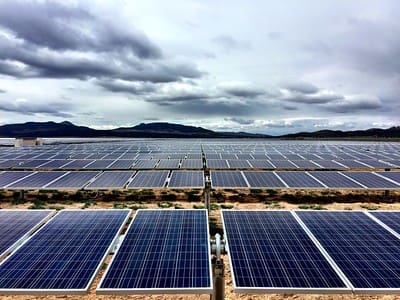The International Energy Agency (IEA) annual Renewable Market Report estimates that Turkey’s renewable capacity will grow by more than 26 GW, or 53%, between 2021 to 2026. Solar and wind energy are expected to contribute 78% of the renewable capacity increase (48% from solar, 30% from wind) compared to past renewable efforts that have mostly centered around hydropower.
The Turkish Electricity Transmission Company estimated that hydropower represented more than 31% of the country’s 99 GW of total installed electricity capacity, followed by wind at 10.3 GW and solar at 7.6 GW. Combined, renewables make up more than 50%, or 52.5 GW, of Turkey’s total capacity.
Zooming out, the IEA estimates that renewable energy will make up 95% of capacity increases in global power between 2021 and 2026. The IEA estimates the world will finish 2021 with 290 additional GW of renewable capacity. Higher commodity prices and input costs used for solar and wind are adding a challenge to renewable energy growth over the short-term. Despite these headwinds, the IEA estimates that renewable electricity capacity will equal today’s fossil fuel and nuclear energy capacity by 2026. In total, the IEA expects renewable capacity will be 4800 GW by 2026, which is 60% higher than 2020 levels. Global emissions could further decrease if China keeps installing renewable capacity ahead of schedule. The IEA said the country could even reach peak carbon dioxide (CO2) emissions before 2030.
Despite the optimism, the IEA’s report said that annual average capacity additions over the next five years will need to be double the IEA’s estimates for the world to achieve net-zero emissions by 2050. It also said annual demand growth for biofuels would need to increase four-fold.
















